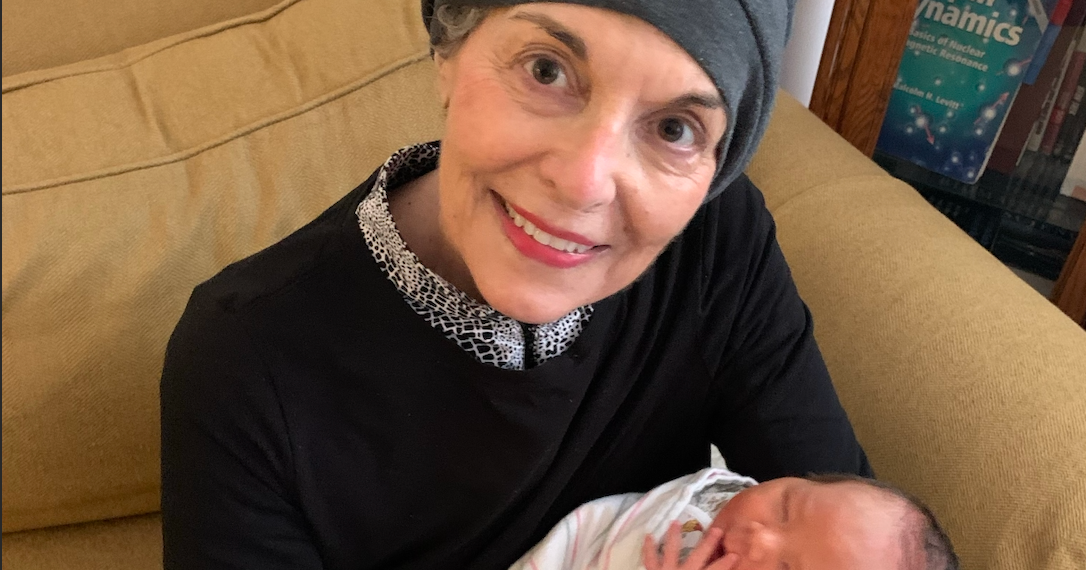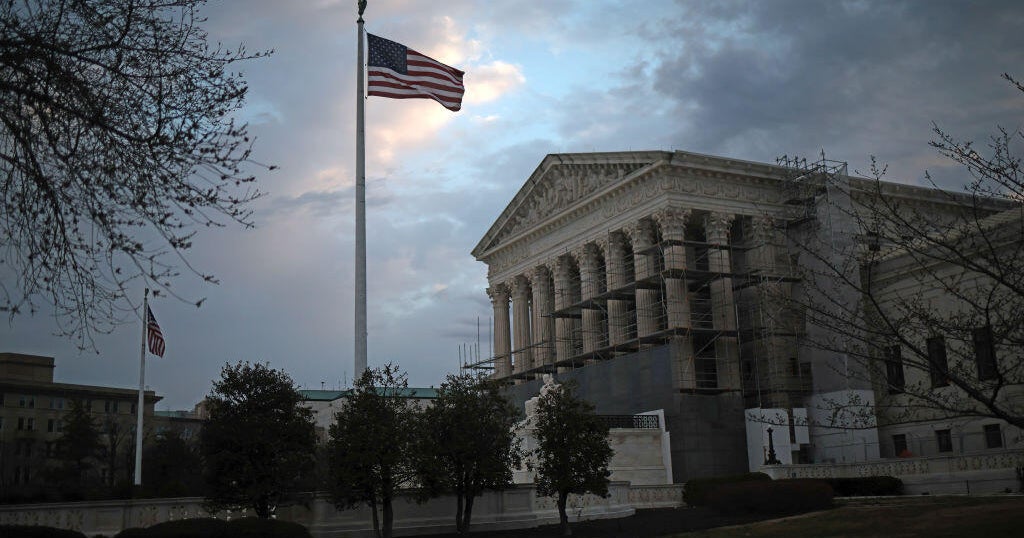Louisiana father discovers clues in his daughter's suspicious death on a digital camera
On a steamy summer morning in 2014 in the tiny southern town of Cottonport, Louisiana, Steve Ducote and his wife Missy discovered their youngest daughter Megan Parra lying on the floor of her living room with blood pooling around her head. Realizing Megan was still breathing, Missy Ducote, a nurse practitioner, attempted to save her life. Megan died in the hospital the next day.
"I saw the gun kind of tucked against her leg," Steve Ducote explained to CBS News contributor David Begnaud in an interview for this week's "48 Hours." "The Suspicious Death of Megan Parra," now streaming on Paramount+.
Steve Ducote says his first thought was that his daughter had shot herself. The gun was right by her side, and she had been found alone, behind locked doors.
Megan's husband and the father of their two young sons, Dustin Parra, showed up several minutes after Steve Ducote called him and did something strange, says Ducote. "He comes running in … and he slides, and he just catches the end of the blood." Parra looked like he was doing a "baseball slide" in his wife's blood, says Ducote. Later that day, the shorts Dustin Parra was wearing were collected as evidence by the first officer on the scene, David Blanchard. Blanchard also took 115 photos at the home.
Two days later, Steve Ducote says the lead detective on the case, Christopher Knight, showed up at his home and said he had the .357 Magnum that killed Megan tested, and her fingerprints were found all over the gun. Steve Ducote says Knight added that Dustin Parra's fingerprints were also found on the gun, but that was to be expected because it was Dustin's gun.
"I said, well, she must have shot herself then," Steve Ducote told Begnaud. It wasn't until weeks later that a conversation with a friend changed everything, says Ducote.
Steve Ducote says his friend, an investigator for the District Attorney's Office, told Ducote there was no way that Knight could have tested Dustin Parra's gun for fingerprints in just two days. Ducote says that the investigator told him it would have taken about 14 days to get the results.
"Then I knew," says Steve Ducote. "I knew she hadn't killed herself."
Knight denies ever telling Steve Ducote that he had the gun tested. He says that he never sent the gun out for testing at all.
Just four days after Megan Parra's shooting, Knight filed a one-page report declaring her death a suicide and closed the case. Steve Ducote became a father on a mission to investigate his daughter's suspicious death.
Now in search of evidence, Steve Ducote says he learned that Blanchard, the officer who photographed the scene of Megan's shooting, still had the images on his camera. Ducote eventually got copies of the photos that he says helped him prove his daughter was murdered.
"I've had a lot of people ask me," says Betsy Jeansonne, Megan's sister, "'how could you look at those crime scene photos of your sister?' ... And I'd say, 'she'd have done it for me.'" Jeansonne says she spent hours on the internet studying blood spatter patterns, because something about the blood around Megan just didn't look right to her. Steve Ducote says some of the photos also seemed to reveal clues of a struggle like a wine rack found behind a chair and a guitar lying on the floor.
Steve Ducote and Jeansonne say they were becoming increasingly convinced that Megan had been murdered. "Did you start to believe that Dustin shot her and tried to cover it up," David Begnaud asked Jeansonne. "Yes," she answered.
The Ducotes would spend the next four years investigating Megan's death, even convincing several local and state officials to take a second look at the case. But agency after agency found no evidence of murder. Then, Steve Ducote turned to an old friend — retired FBI agent David Lemoine. Lemoine studied the evidence compiled by the Ducotes and agreed that it appeared Megan had been murdered. Lemoine was so convinced that he asked fellow retired FBI agent Zack Shelton to help him investigate the case.
In 2019, Cottonport's chief of police agreed to deputize Lemoine and Shelton, allowing them to interview witnesses, including the first investigator on the case, Chris Knight. Recorded on bodycam and shared with "48 Hours," Knight admits he never fully examined the evidence, "Because I looked at it as a suicide and not homicide."
The former special agents also questioned Dustin Parra for more than an hour about his marriage and what happened the day his wife was shot. In that interview, also recorded on bodycam, Parra described his marriage as typical. He also admitted that not long before Megan died, he had been having an affair. When asked if his wife was aware of his indiscretion Parra said, "To my knowledge, no, because she didn't question me."
Law enforcement officials saw no reason to believe that Megan Parra had been murdered until 2021 when Steve Ducote hired independent crime scene analyst Eric Richardson to examine the evidence.
It was a photo of the shorts Dustin Parra was wearing the morning of the shooting that reignited the cold case. Richardson showed Begnaud what he discovered on Dustin's shorts and said, "It told me that Dustin was there when that gun was discharged into Megan's head." "You sure?" asked Begnaud. "Positive," replied Richardson.
But it was not an open-and-shut case says Riddle. There were still several unanswered questions, and state and local experts who disagreed with Richardson's findings, but Steve Ducote was still determined to fight for justice.
"People thought we were just a grieving family," says Ducote's daughter, Betsy Jeansonne. "And he just led us. For nine years. Still leading us."





